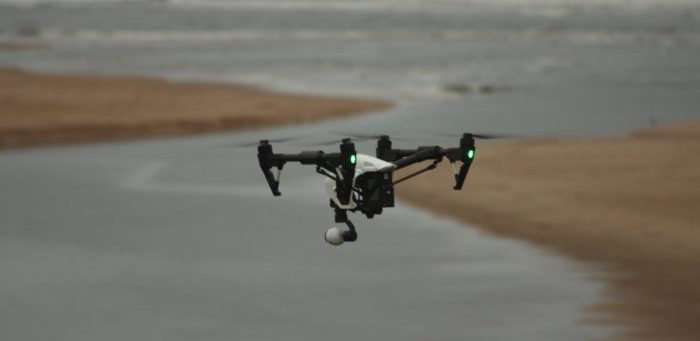Traditionally, inspections are carried out by crew, surveyors or independent inspectors – a potentially risky activity which represents one of the most common causes of work-related fatalities in the industry.AkzoNobel, oil and gas tanker operator Barrier Group and DroneOps are developing a drone capable of remotely inspecting enclosed spaces and ballast water tanks as well.
Michael Hindmarsh, Business Development Manager at AkzoNobel’s Marine Coatings business, explained:
“Surveys of enclosed spaces and ballast water tanks are an essential part of routine maintenance and are increasingly critical for ship owners. Inspecting these areas thoroughly can require working at height, entering confined spaces and negotiating slippery surfaces that could be poorly lit, all of which are high-risk activities that the maritime industry is keen to address.”
By replacing human inspections with a drone, routine maintenance can be monitored remotely and in real time by office-based staff, with instant feedback available to the vessel or offshore structure’s superintendent. This in turn will reduce costs, increase efficiency and significantly reduce risk to human life during essential maintenance.
The partnership offers an overview of the issues and challenges associated with enclosed space inspections. These include coatings expertise and consultancy, drone building, ownership of marine structures, and an in-depth working knowledge of current repair and inspection practices. Additional coatings expertise will be provided by Safinah Ltd, a leading coatings consultancy.
AkzoNobel says that it is currently testing the use of drones in Australia for inspecting sites in remote locations where access is limited and the movement of heavy equipment is difficult. As the new project progresses, the drone will undergo flight trials at AkzoNobel’s UK-based coatings test site and Barrier Group’s indoor training facility. The drone’s completion and launch is planned for October 2017.
Source & Image credit: AkzoNobel






























































